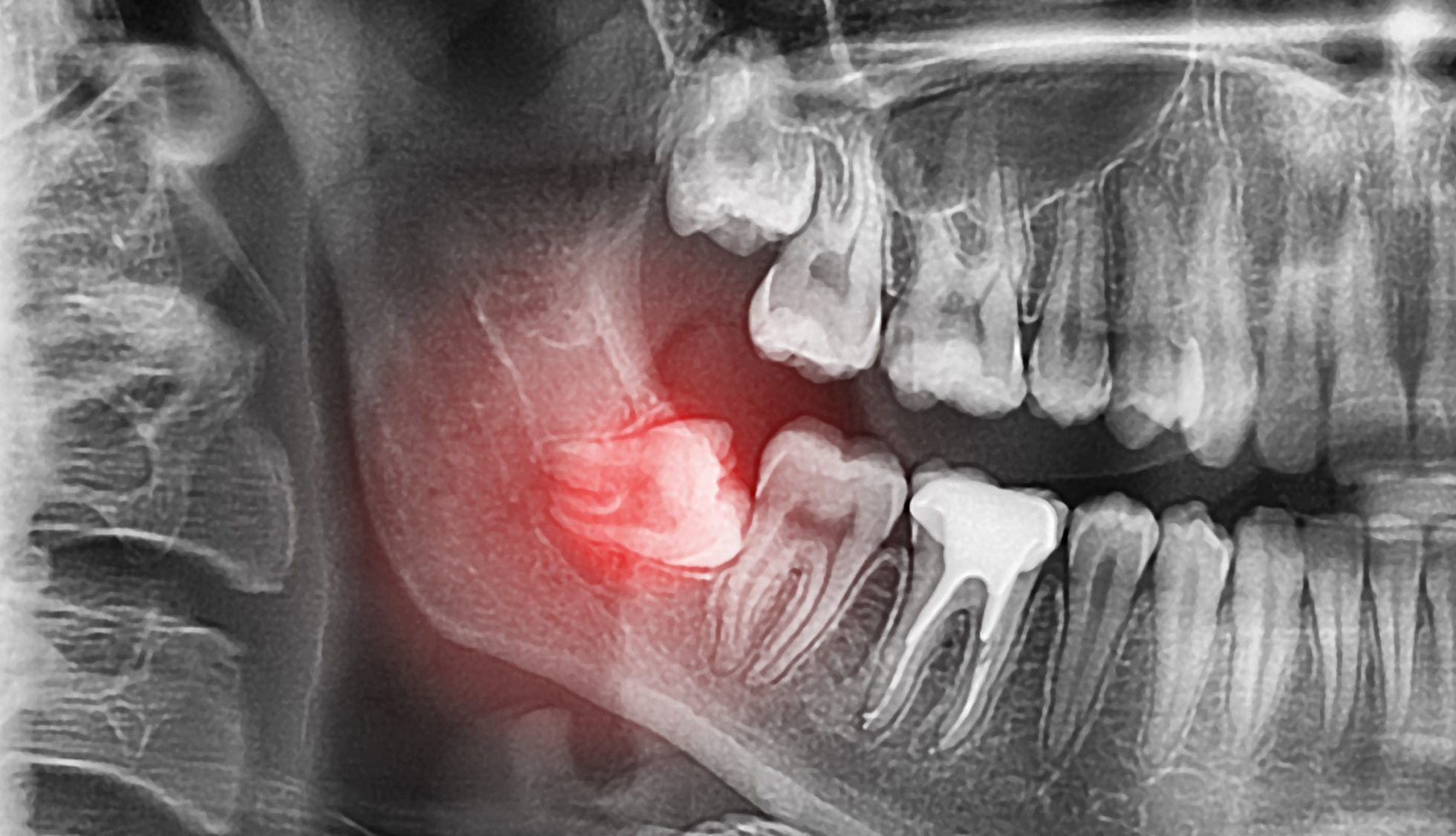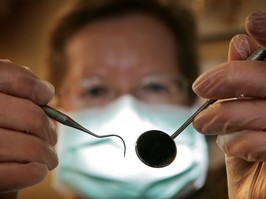“poor oral health may cause declines in brain health, so we need to be extra careful with our oral hygiene because it has implications far beyond the mouth,” rivier said. “however, this study is preliminary, and more evidence needs to be gathered — ideally through clinical trials — to confirm improving oral health in the population will lead to brain health benefits.”
the study had a few shortcomings, including the fact that the u.k. biobank includes people who are predominantly of european ancestry, with 94 per cent of participants listing their race as white. the research, therefore, would benefit from including patients from more diverse backgrounds.
although the study was unable to prove a causal relationship between oral and brain health, its findings should prompt more research, according joseph p. broderick, an american stroke association council member and volunteer expert who was not involved in the study.
“environmental factors such as smoking and health conditions such as
diabetes are much stronger risk factors for poor oral health than any genetic marker — except for rare genetic conditions associated with poor oral health, such as defective or missing enamel,” broderick said. “it is still good advice to pay attention to oral hygiene and health. however, since people with poor brain health are likely to be less attentive to good oral health compared to those with normal brain health, it is impossible to prove cause and effect.
 3 minute read
3 minute read









